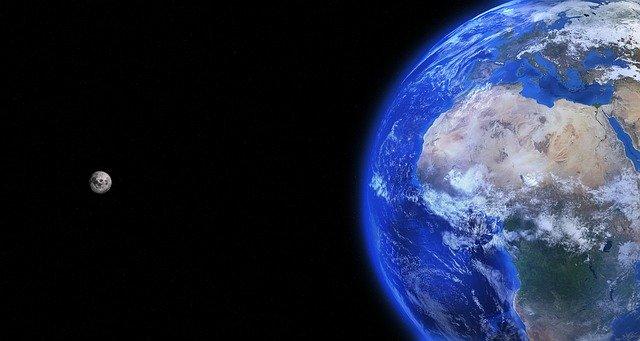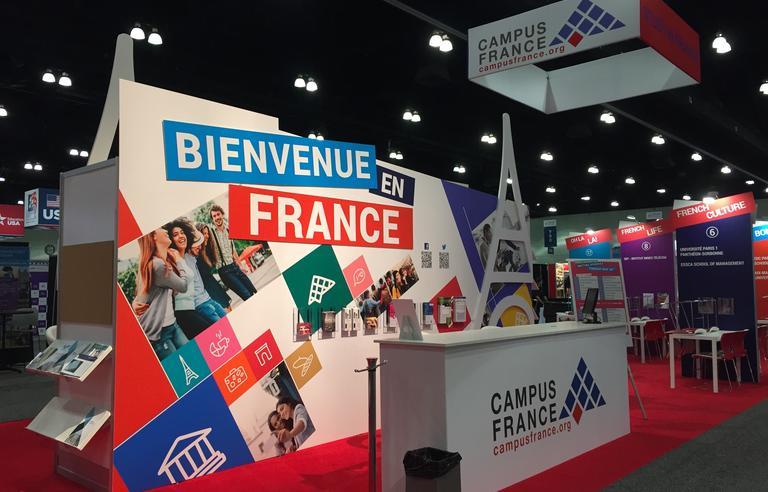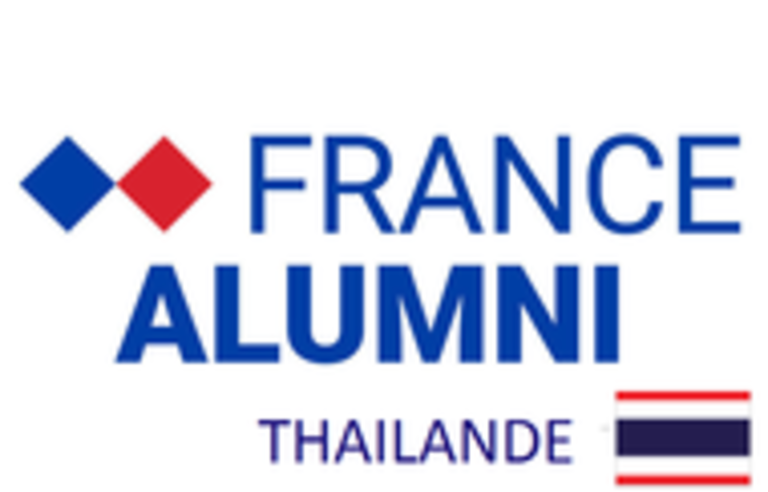Spatial technology courses - TTVS Course

The Centre National d'Etudes Spatiales (CNES) is a public establishment of an industrial and commercial nature (EPIC). It is responsible for proposing France's space policy within Europe to the government and implementing it.
The TTVS course presents the characteristics and specific design constraints of space technology and describes the techniques and technologies of subsystems onboard equipment.
Its educational objective is to allow you to view all the techniques and technologies that contribute to the establishment and operation of space vehicles.
Intended for: Everyone who wish to broaden their range of knowledge to gain a comprehensive view of the intrinsic business in the design of space vehicles.
Spatial technology courses - October 5th to 9th and November 2th to 6
THE FIRST PART (first week) deals with missions, the space environment, the main types of payloads and their techniques.
Course programme:
Module 1 outlines the main space missions, introduces space system components and then looks at the main development stages of a spacecraft, including launcher aspects and space system ownership costs.
Module 2 describes the fundamental laws of spaceflight dynamics that govern spacecraft motion in different types of orbit, and orbit determination techniques.
Module 3 describes the constraints of the space environment and introduces the effects of radiation, atomic oxygen, meteoroids and space debris, and electrostatic discharges.
Module 5 introduces telecommunication missions and payloads. After an overview of electromagnetic waves, it presents radio frequency and optical telecoms.
Module 6 is dedicated to radio navigation and location missions and payloads. It describes the principles behind location and navigation, applies them to radio location and describes equipment techniques.
Module 7 introduces observation and science missions and payloads. After looking at measurement physics, it describes the characteristics of optical and infrared instrumentation.
Module 8 outlines radio techniques used to transmit information, with a focus on antennas, reception, RF filtering, frequency generation, digital transmission, power transmission and TM/TC.
Module 9 presents optical and optoelectronic techniques and the technologies used for detectors and detection electronics.
THE SECOND WEEK is about the strategies and technology used in the platforms and the relative methods for the development of space vehicles.
Module 4 is dedicated to product assurance and the development of orbital systems. It describes satellite development, AIT planning and phasing, along with related CNES standards, RAMS procedures and techniques, and the efforts made to ensure the quality of different basic elements. It focuses on electronic components and technologies, and the effect of radiation on hardware.
Module 10 introduces the mechanical and thermal architecture, along with structural design rules, structural analyses, materials, thermal control and mechanisms.
Module 11 addresses propulsion technologies and both chemical and electric propulsion. It describes the characteristics of propulsion subsystems.
Module 12 addresses stabilisation, attitude control and pointing. It defines the different types of stabilisation, describes the techniques and technologies used and gives several examples of spacecraft stabilisation and AOCS.
Module 13 dedicated to onboard power, presents the different power sources available, storage technologies, electrical distribution architectures and electromagnetic compatibility.
Module 14 addresses onboard data handling architecture and management, focusing on data handling management, TM/TC, data handling architectures, flight software and onboard data storage.
Module 15 looks at the technical features of CNES aerostats, describes the scientific and technological advantages of balloons, defines their physics of flight and specifies the main orders of magnitude related to aerostats.
PRACTICAL INFORMATION
Rates and Payment
- Rate: 3 400 € HT (4 800 TTC)
It includes :
- Participation in (2 weeks)
- Handout
- Coffee breaks
- Lunches
- Access to the online version of TTVS books
Working language
The courses will be given in French. A simultaneous translation from French into English will be available.
Deadline for registration
The deadline for registration is September 4, 2020.
Certificate
An Official Certificate of Attendance will be sent with the invoice after the course.






















